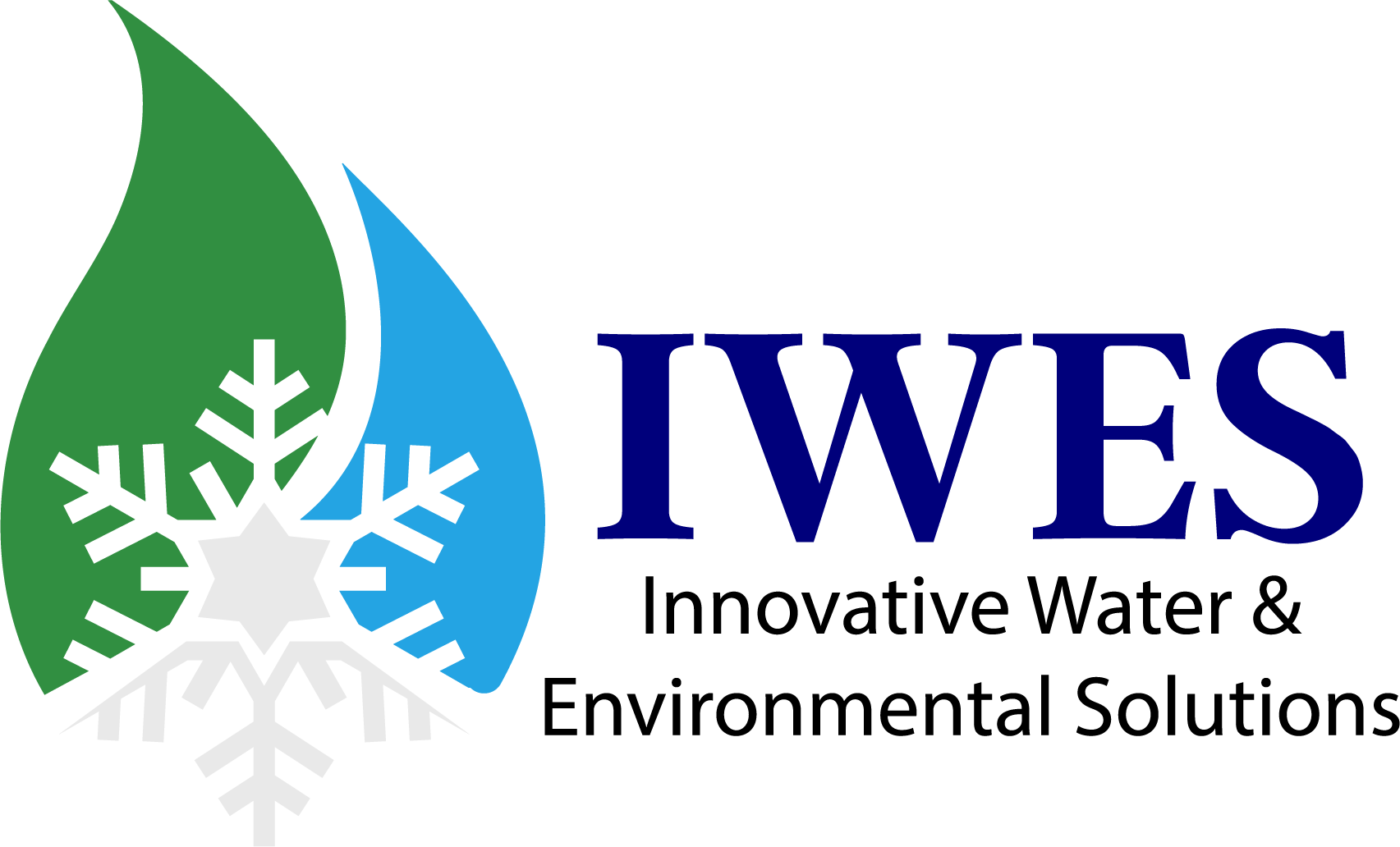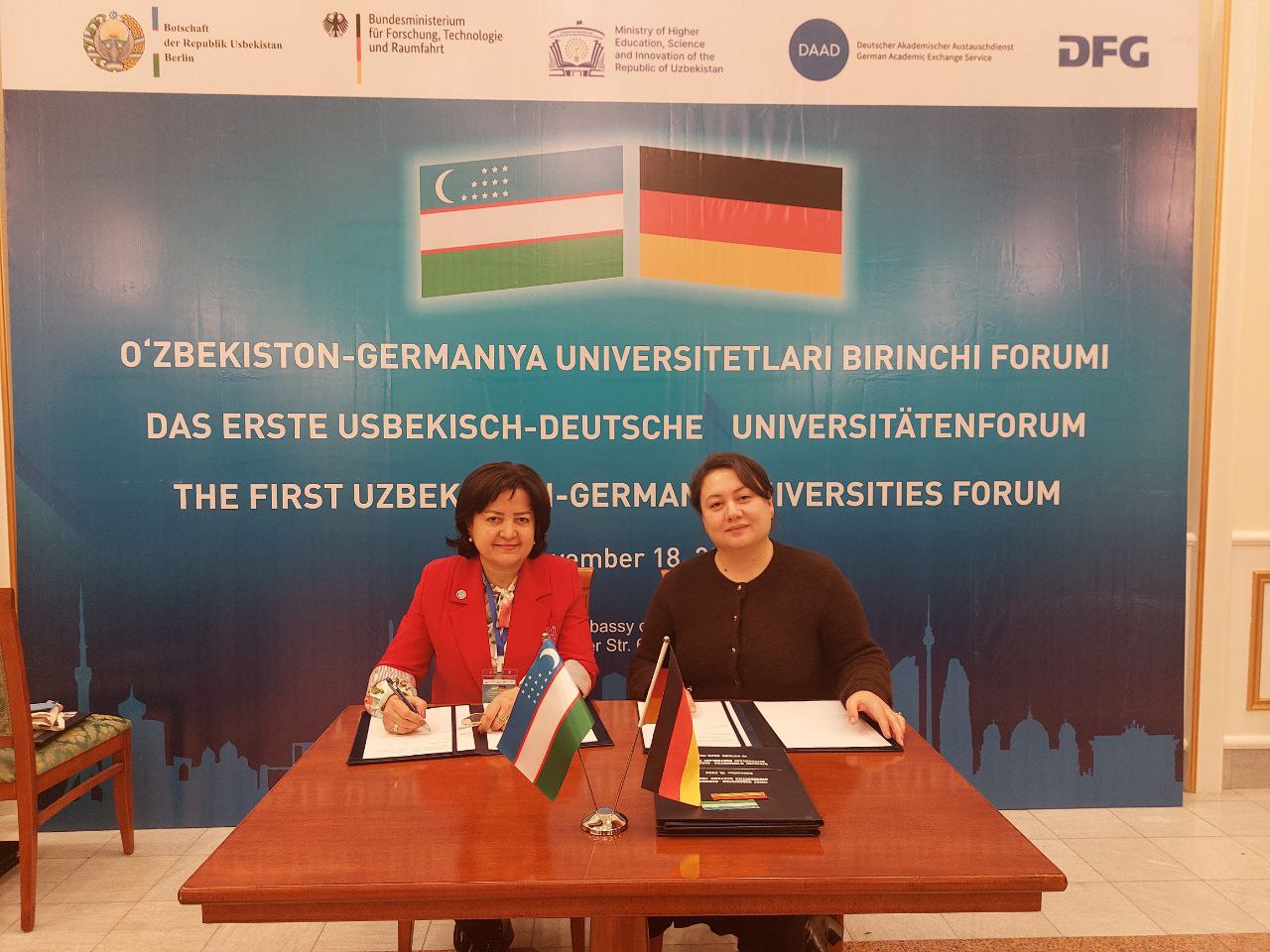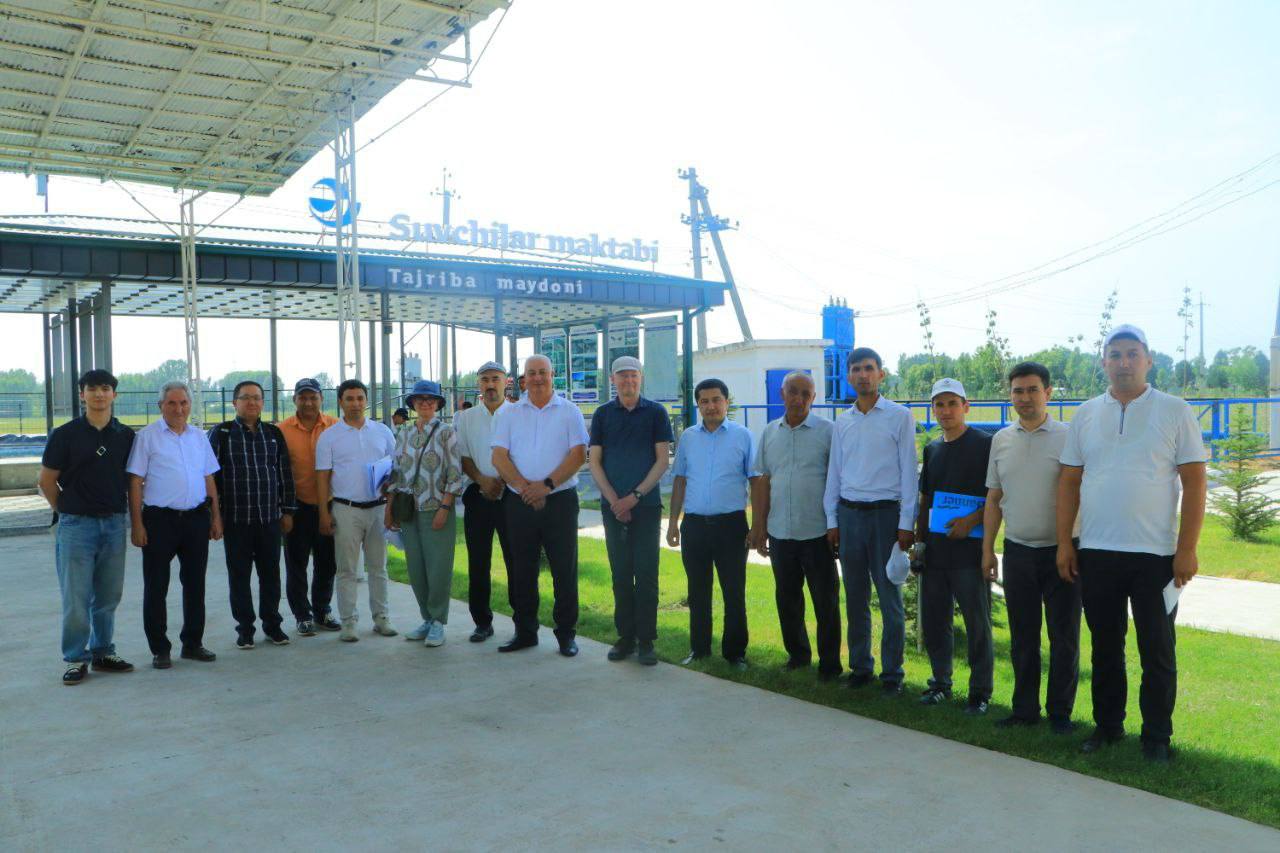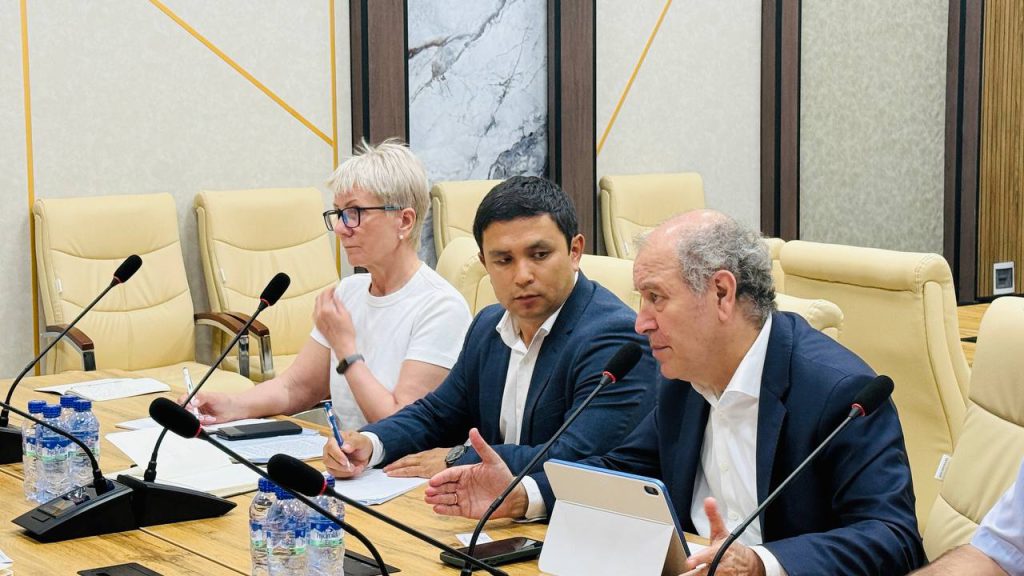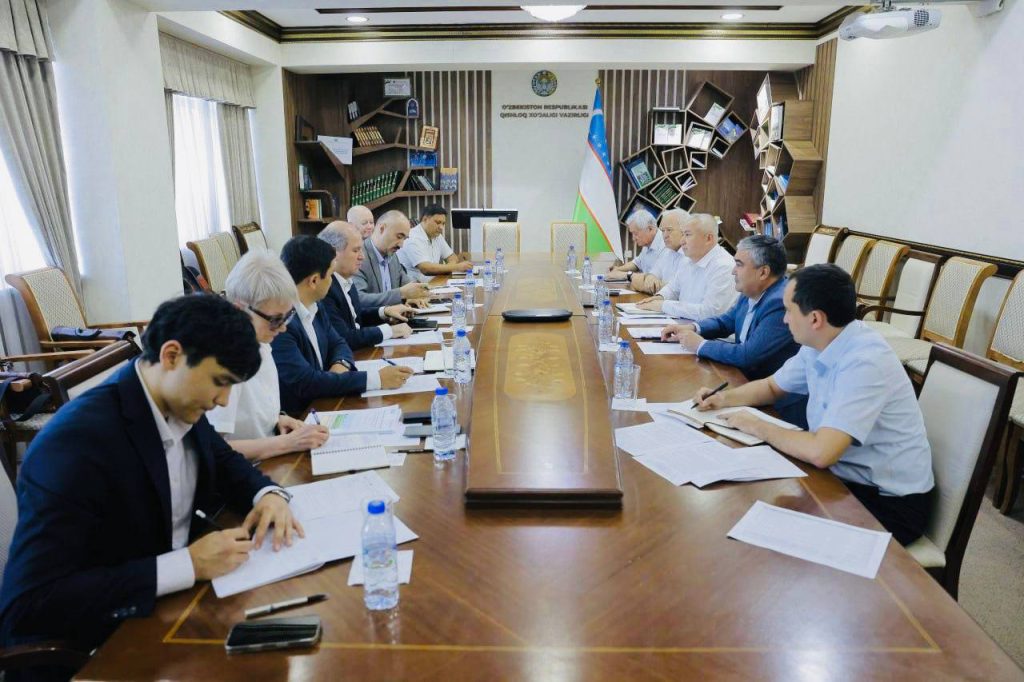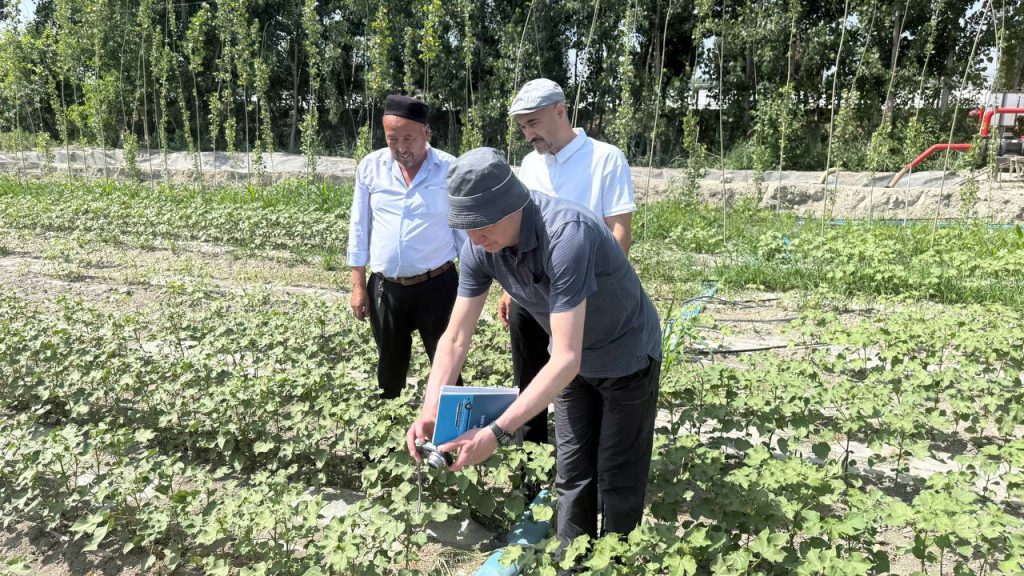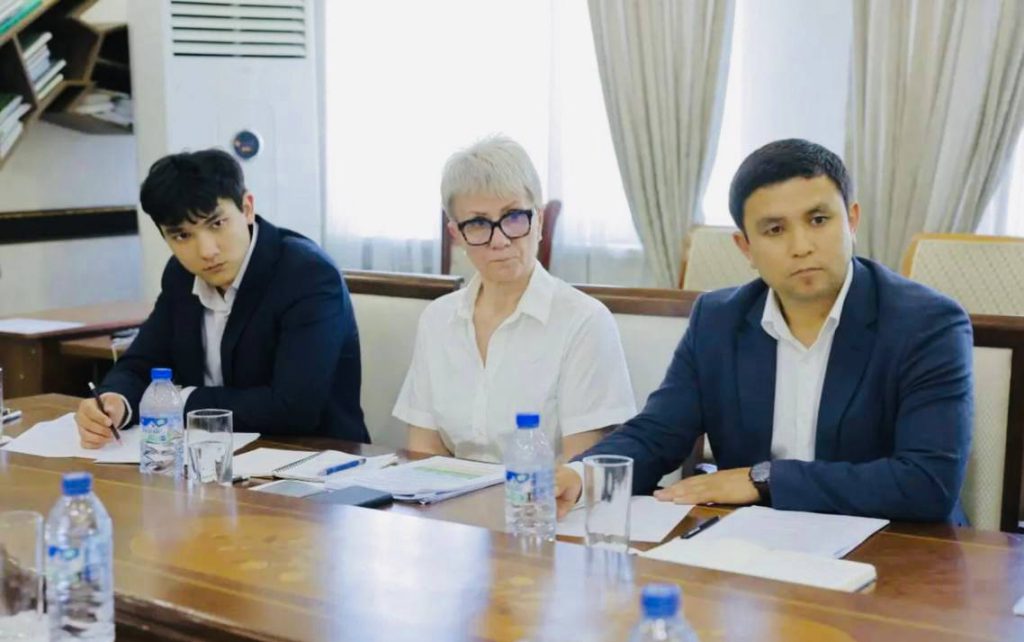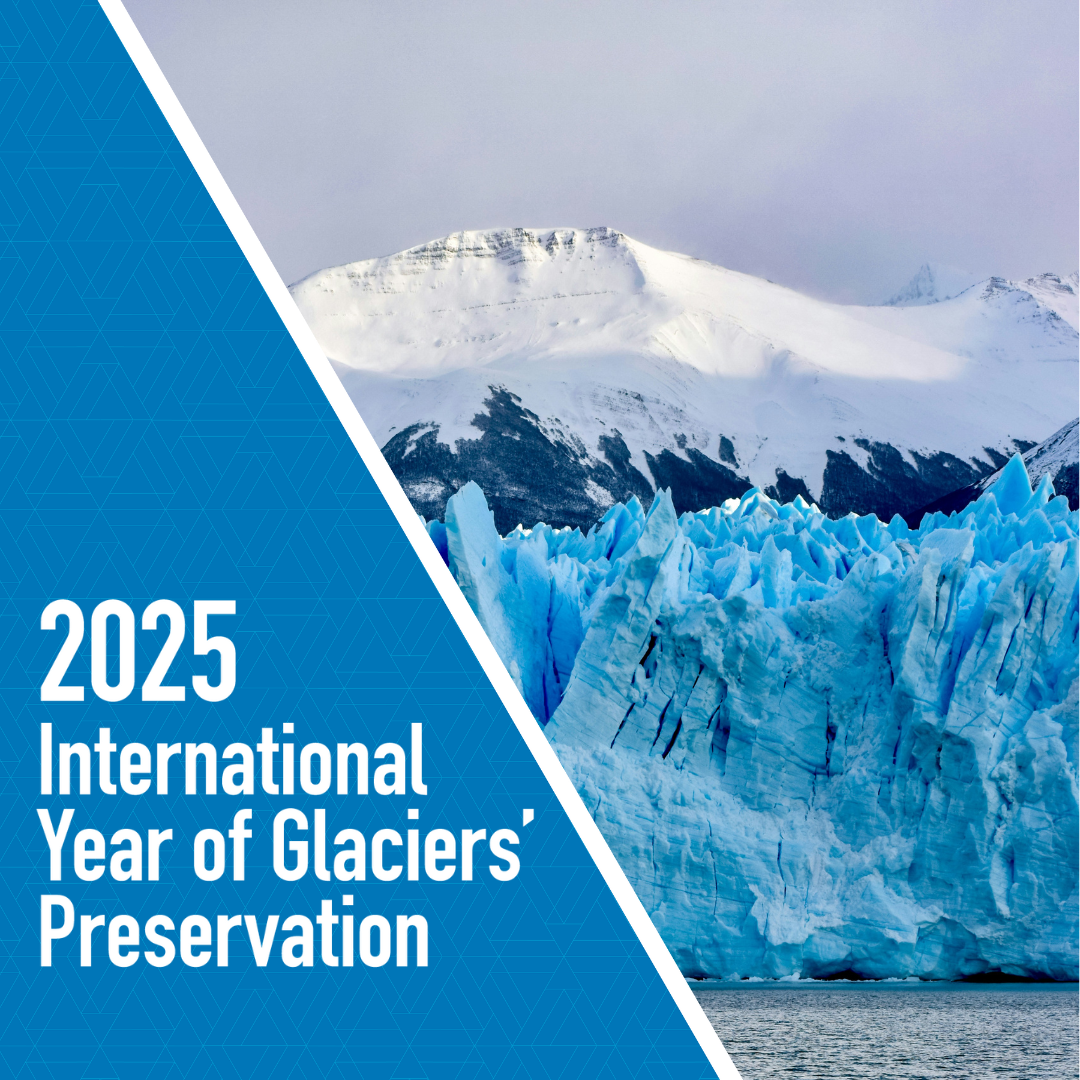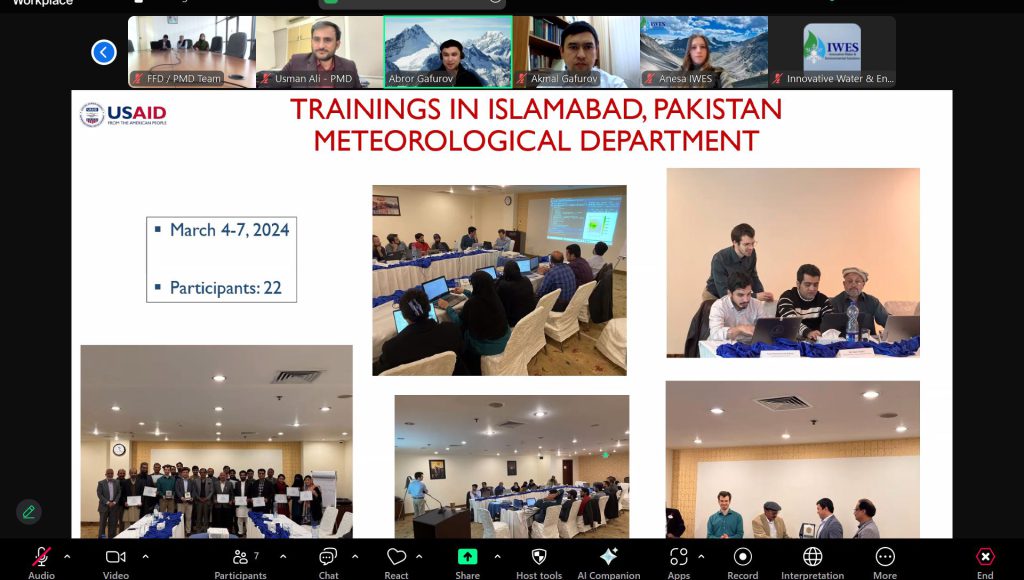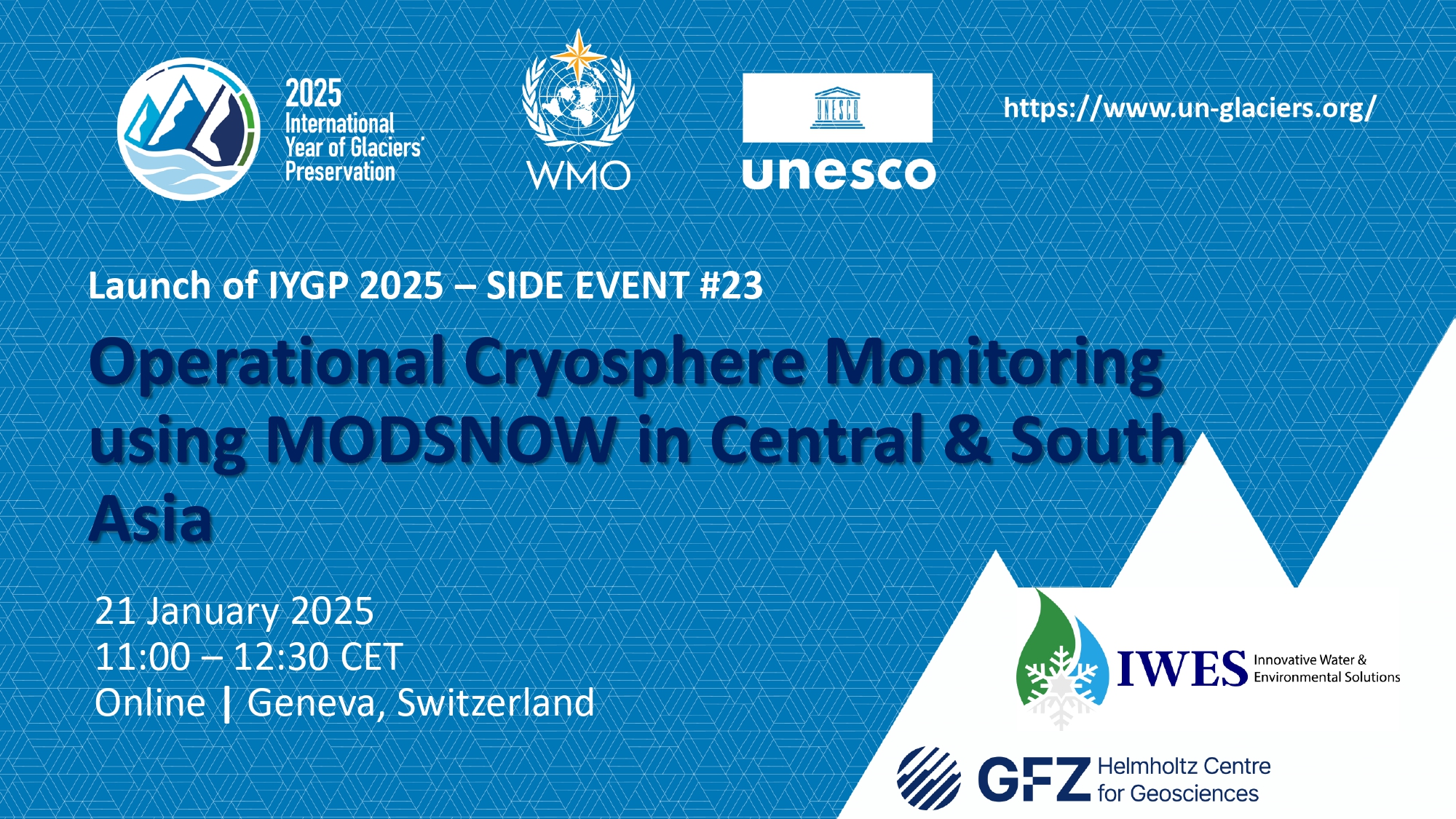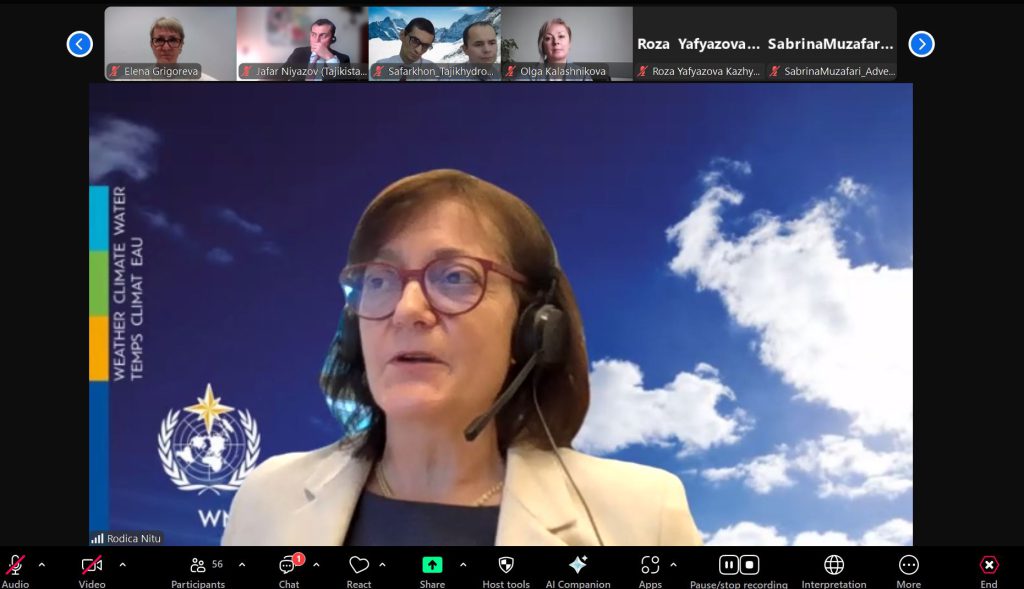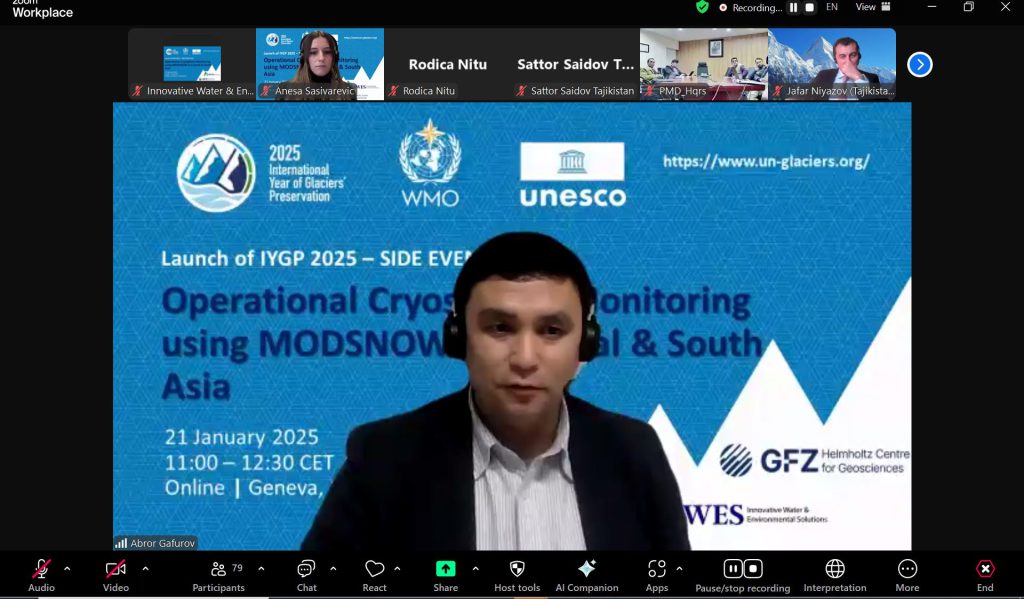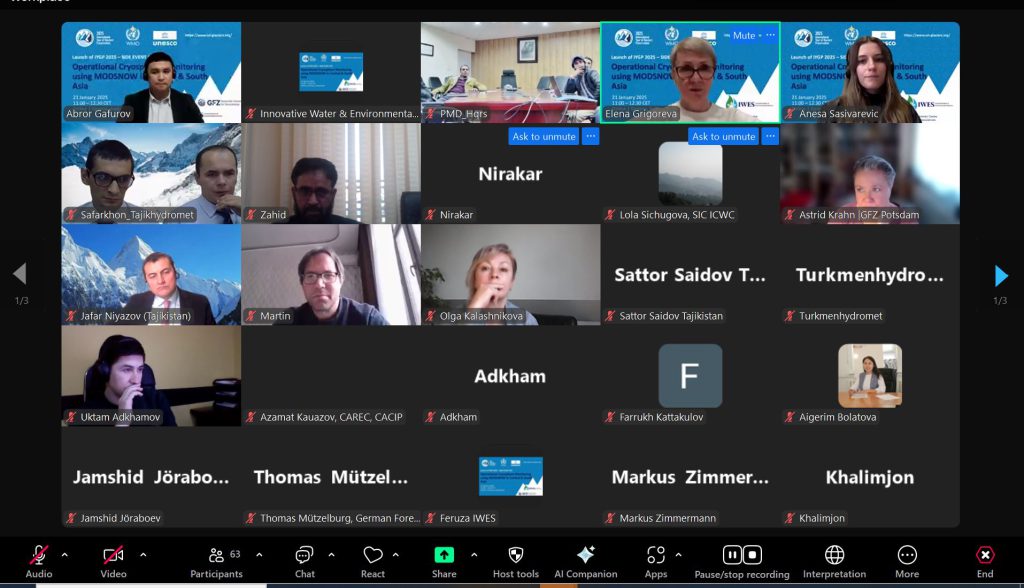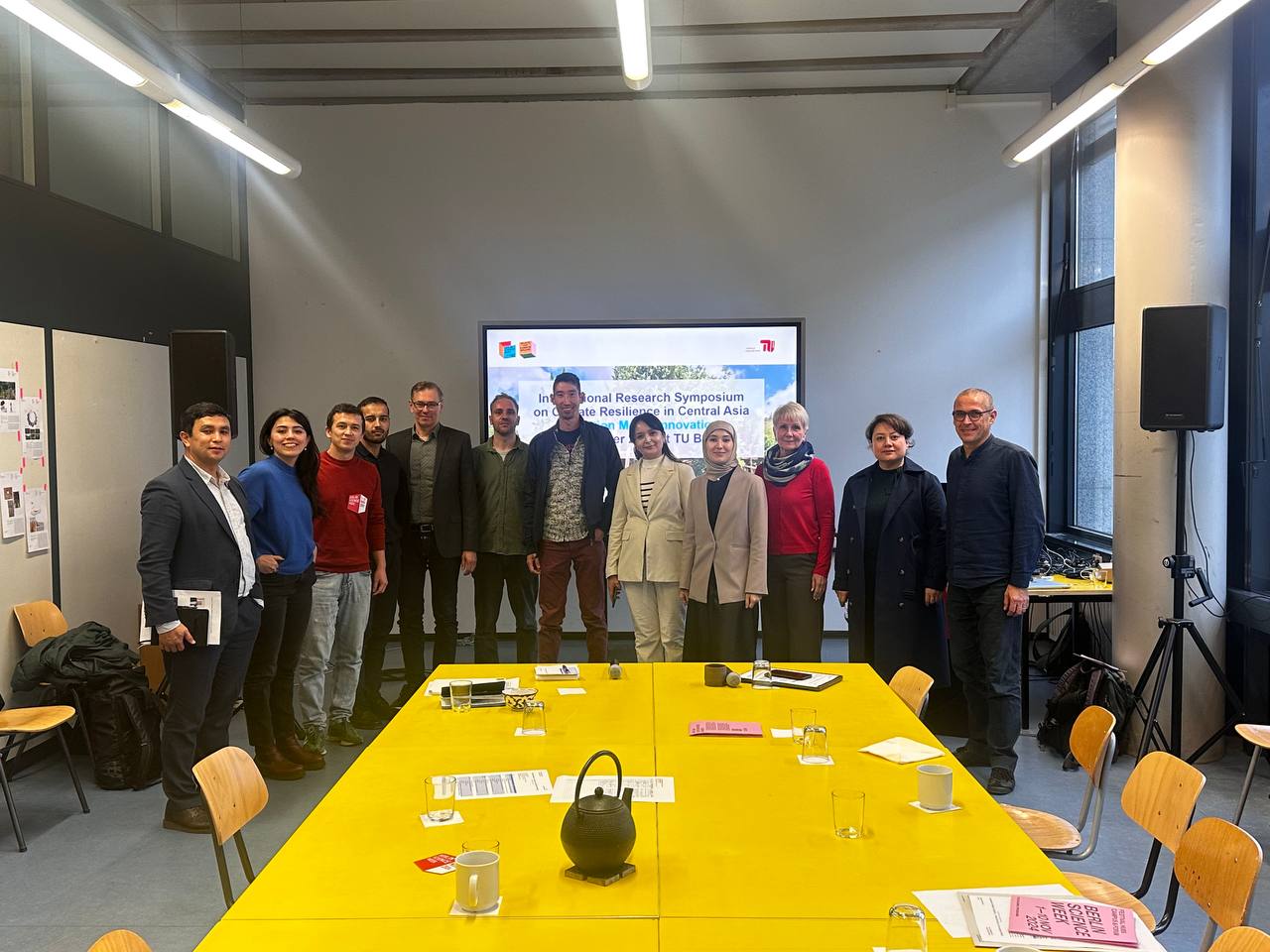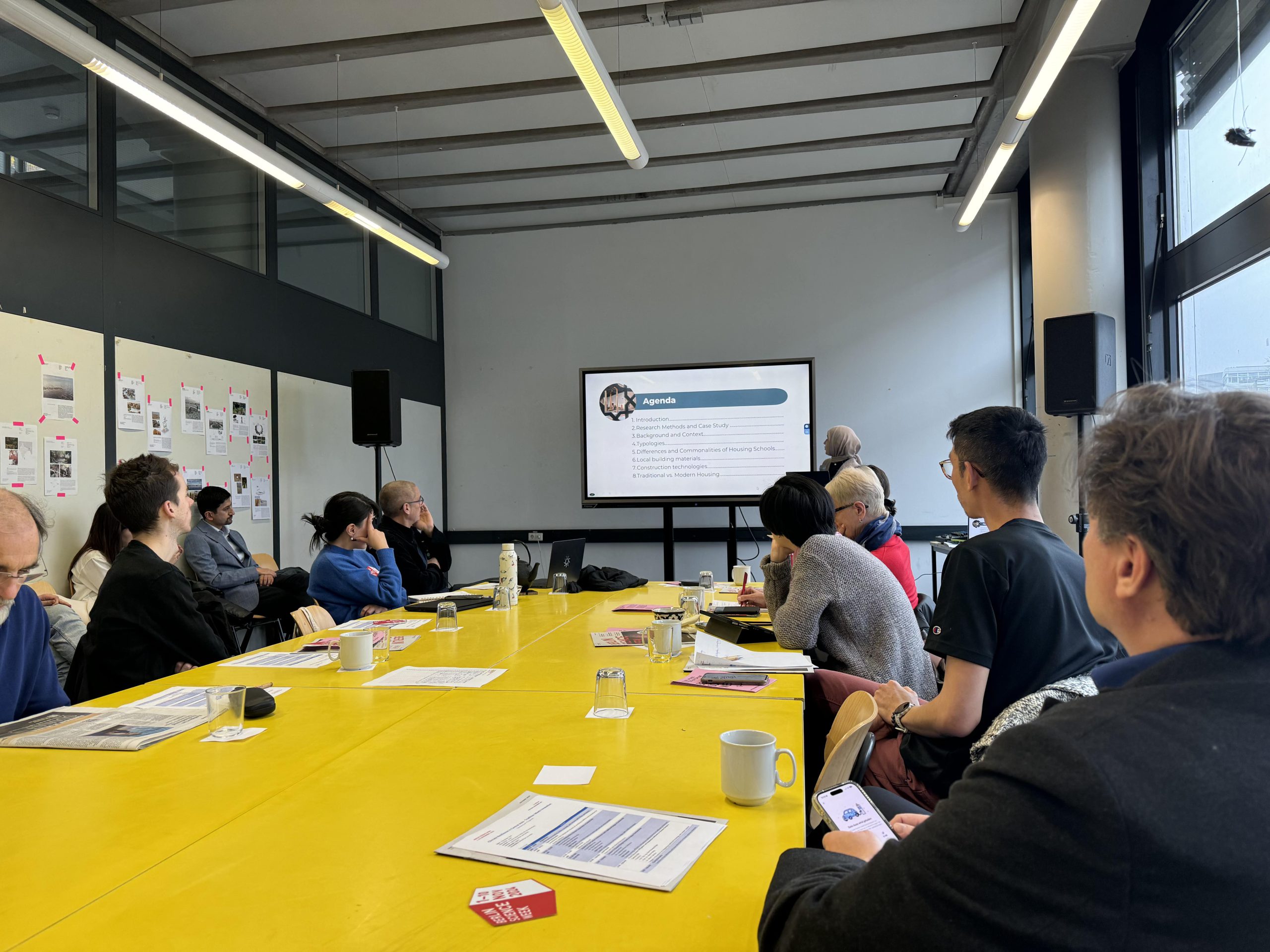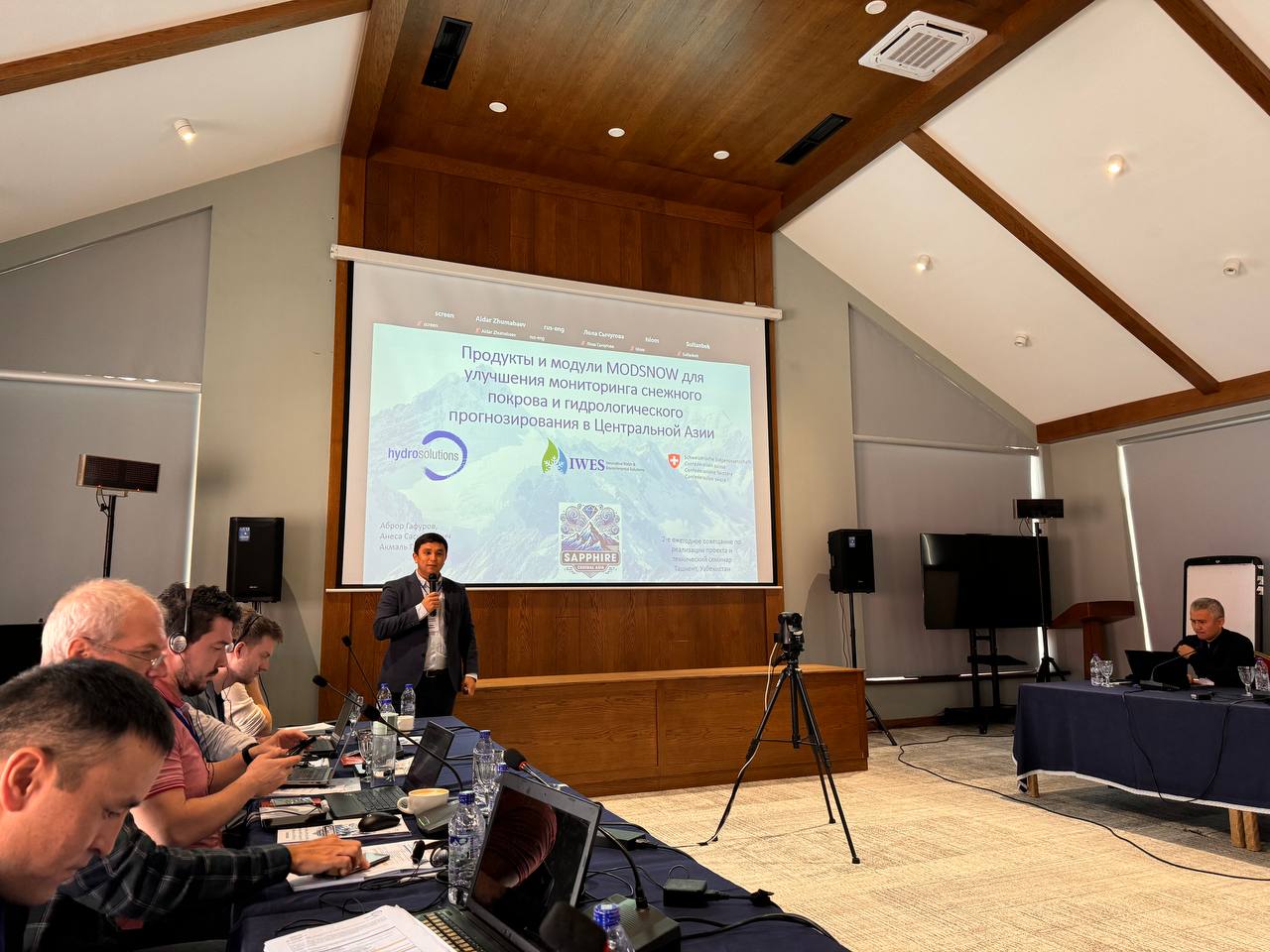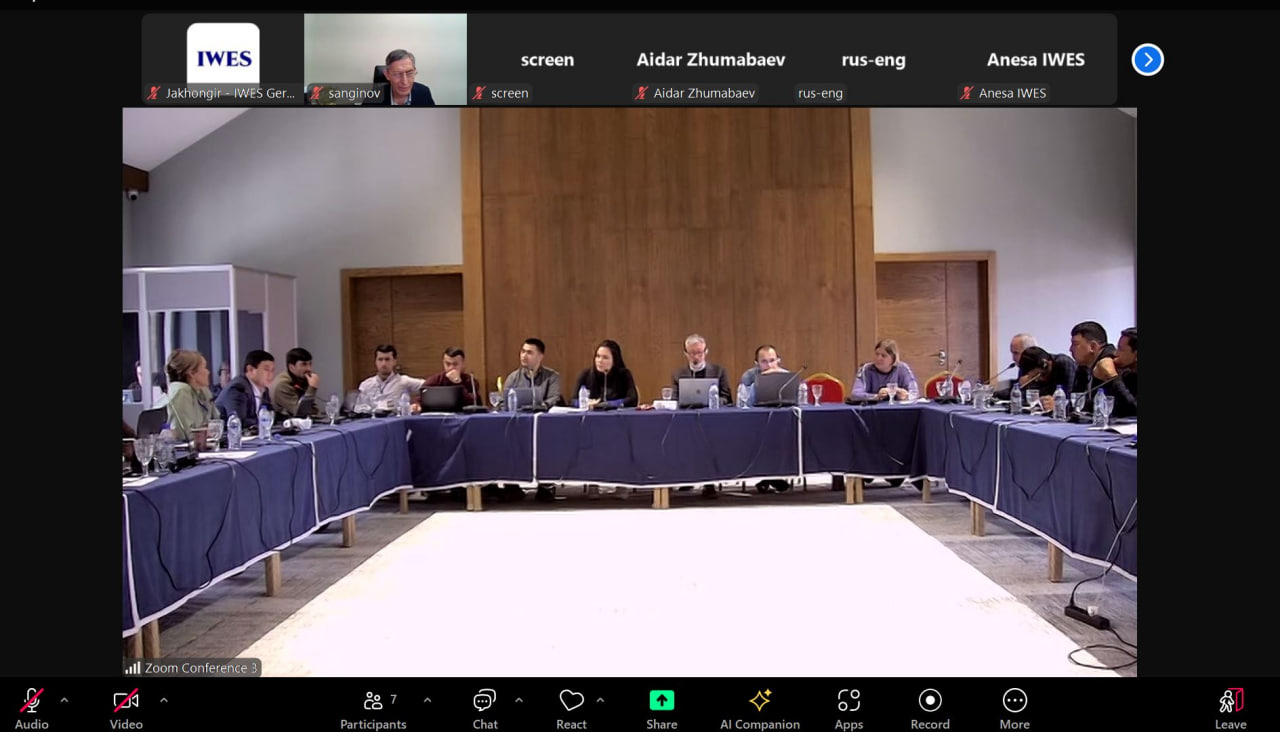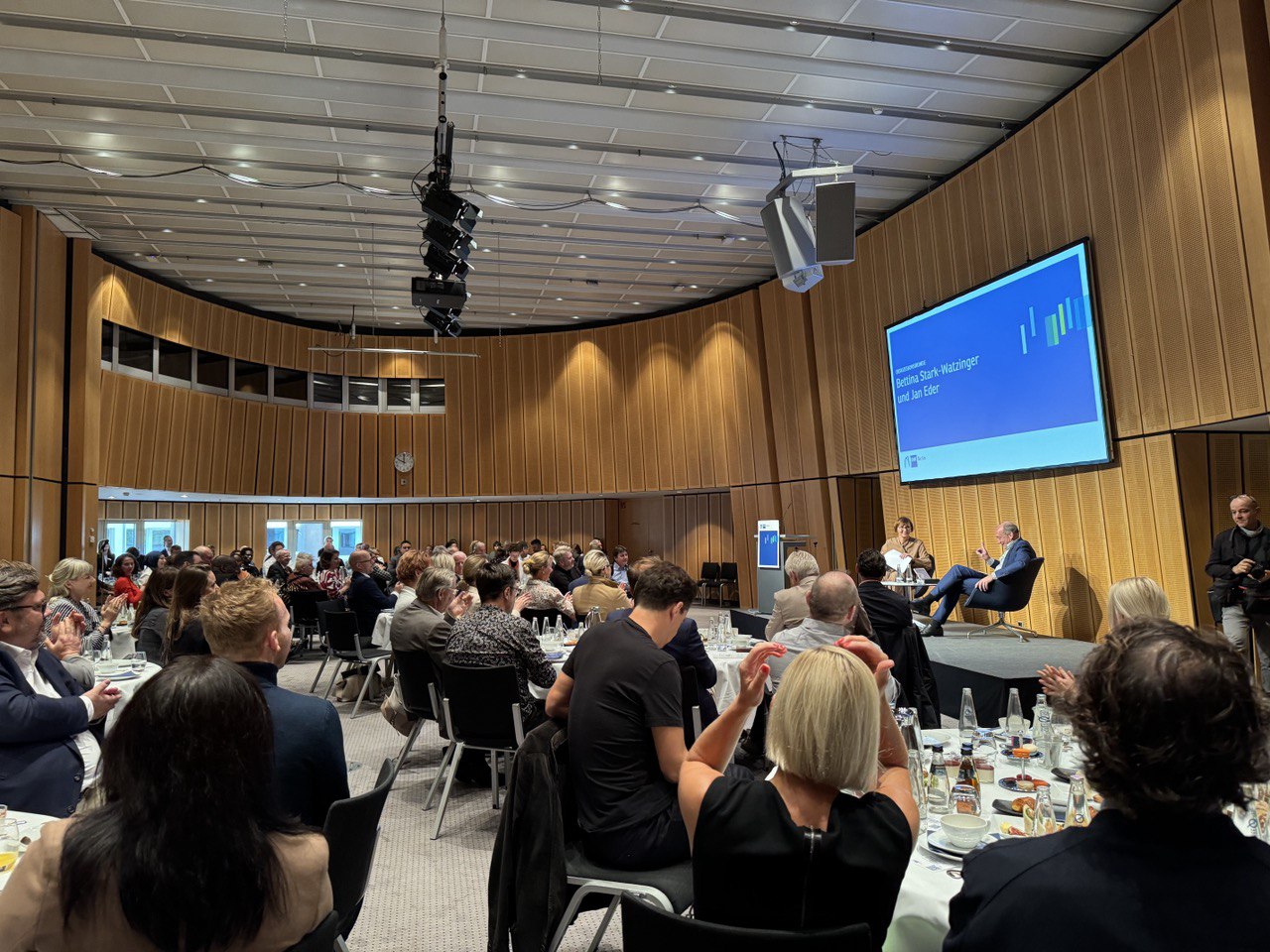Glaciers are a cornerstone of our planet’s climate system and a crucial source of freshwater for billions of people. However, these vital ice reserves are disappearing at an alarming rate due to climate change, largely driven by human activities since the 19th century. Recognizing the urgent need to address this crisis, the United Nations together with the World Meteorological Organization, declared 2025 as the International Year of Glaciers’ Preservation (IYGP). This initiative aims to raise awareness about the critical role glaciers play in regulating global temperatures and providing essential hydrological, meteorological, and climate services to communities worldwide.
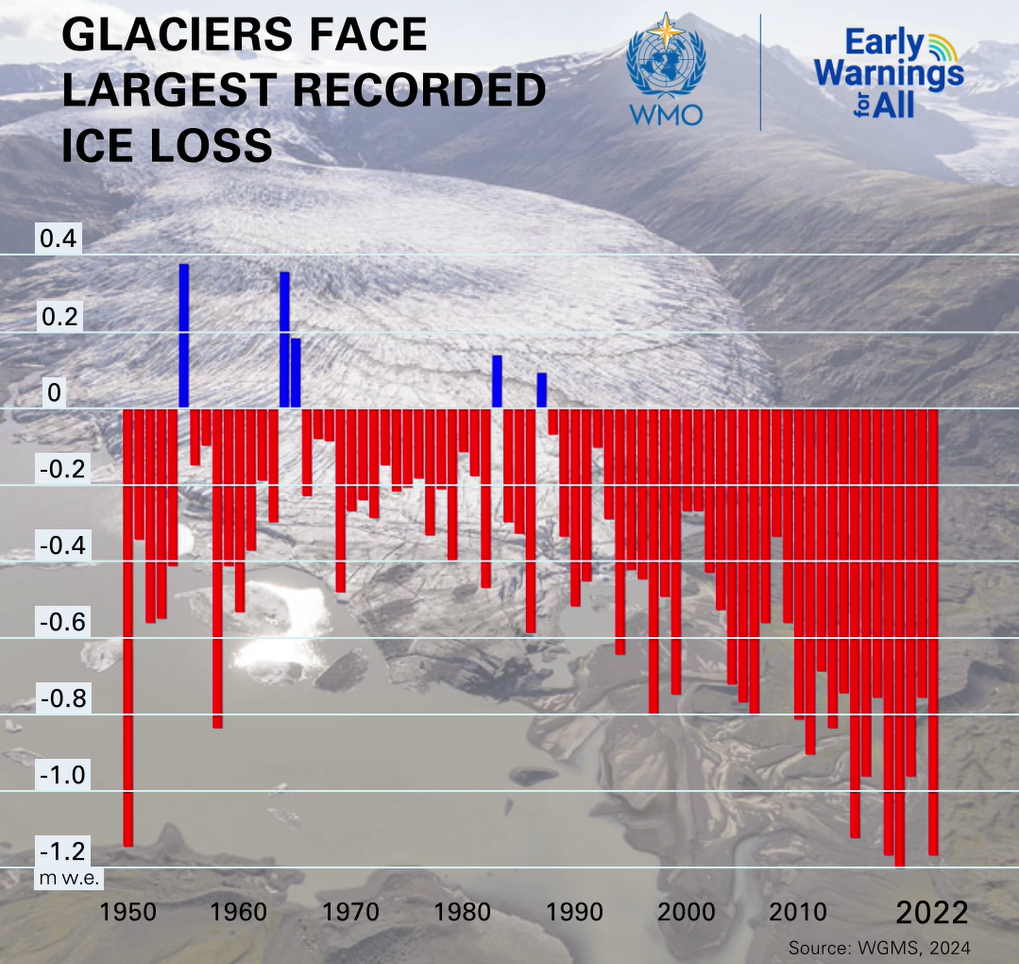
Mountain regions serve as the world’s water towers, sustaining countless ecosystems and livelihoods. The IYGP will foster global cooperation, scientific advancements, and policy actions to ensure that those relying on glacial meltwater receive the necessary support and services. To learn more about the IYGP initiatives, visit UN Glaciers. You can also find more materials about IYGP 2025 by following this link. A short video dedicated to this cause will also be released to amplify its message.
Here is the video that highlights the key elements of the UN Resolution that establishes the International Year of Glaciers’ Preservation 2025 and the World Day for Glaciers on 21 March from 2025 onwards.
IWES’s Commitment to Glacial Preservation
As part of the global efforts surrounding the International Year of Glaciers’ Preservation, Innovative Water and Environmental Solutions (IWES) is proud to contribute by organizing dedicated events and discussions. One such initiative was our virtual side event held on January 21, 2025, titled “Operational Cryosphere Monitoring Using MODSNOW in Central & South Asia.”

This event, hosted in collaboration with the GFZ Helmholtz Centre for Geosciences, World Meteorological Organization (WMO), and UNESCO, brought together leading experts and scientists to explore innovative solutions for cryosphere monitoring. Our discussions highlighted the importance of cutting-edge technology, such as MODSNOW, in enhancing hydrological forecasting and climate resilience. By actively participating in IYGP 2025, IWES reaffirms its commitment to ensuring that glacial monitoring remains a priority for both policymakers and scientists. More details about our event can be found here.
Spreading Awareness Through Film: The Last Glaciers: Journey to the Extreme
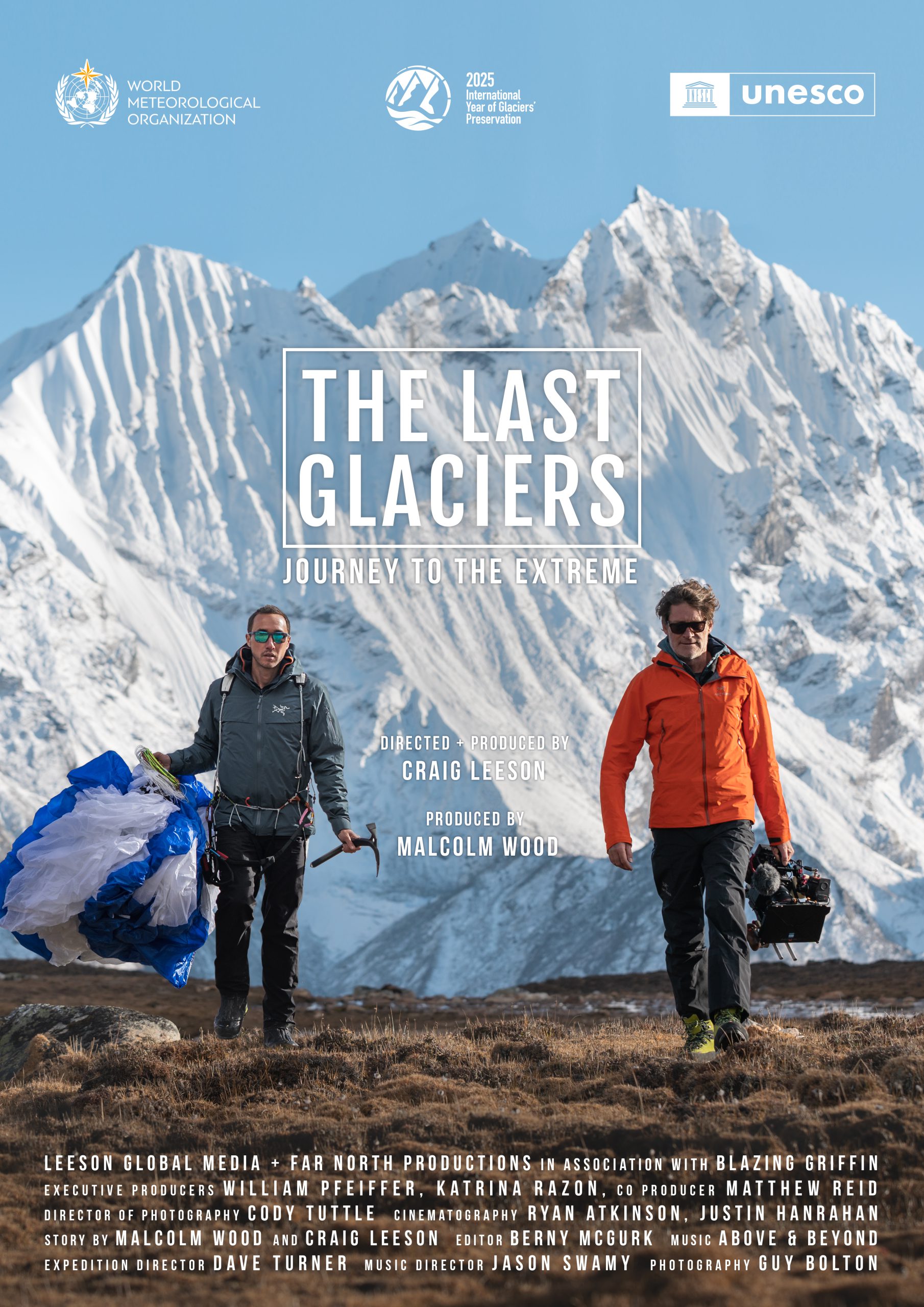
Beyond scientific advancements and policy discussions, raising awareness plays a crucial role in protecting glaciers. The Last Glaciers: Journey to the Extreme is an exemplary initiative that aligns with the goals of the International Year of Glaciers’ Preservation. This feature-length documentary takes viewers on a breathtaking yet sobering journey, showcasing the devastating impact of glacier loss on global populations.

The film highlights how the disappearance of glaciers will affect over a third of the world’s population, leading to severe consequences such as mass migration and water scarcity. These challenges are among the most pressing climate change-driven crises of our time, underscoring why IYGP 2025 is such a vital movement.
By watching and sharing The Last Glaciers: Journey to the Extreme, we can contribute to spreading the message of IYGP and inspiring action to safeguard these critical natural resources.
You can watch the film here.
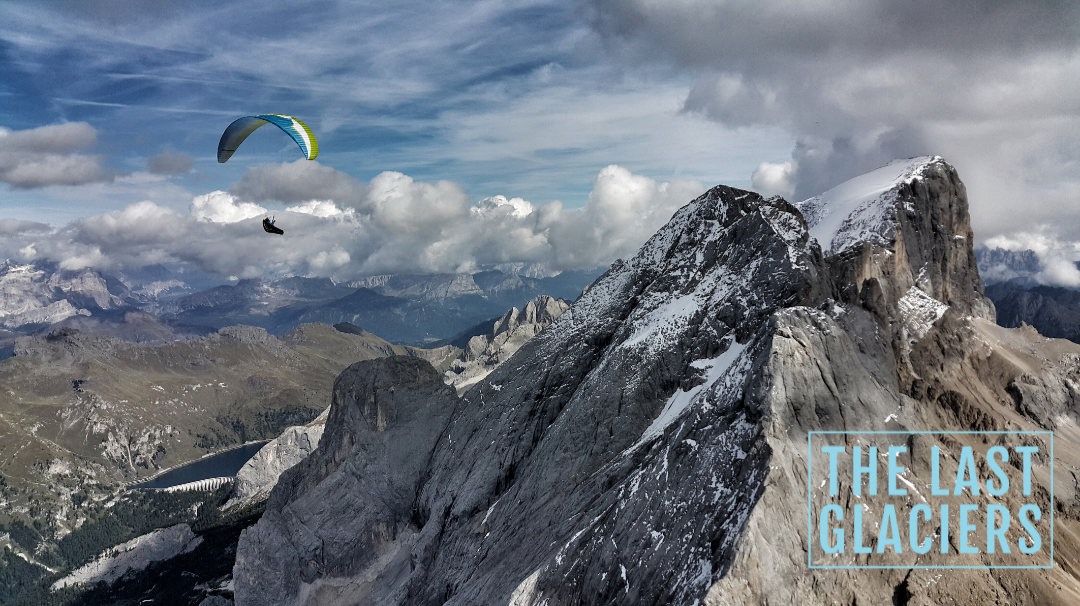
Below, you will find a short video clip from the film. We hope you enjoy them and join us in our mission to protect glaciers for future generations.
Let’s work together to make the International Year of Glaciers’ Preservation a milestone for global awareness and action. Thank you for your support and commitment to our planet!
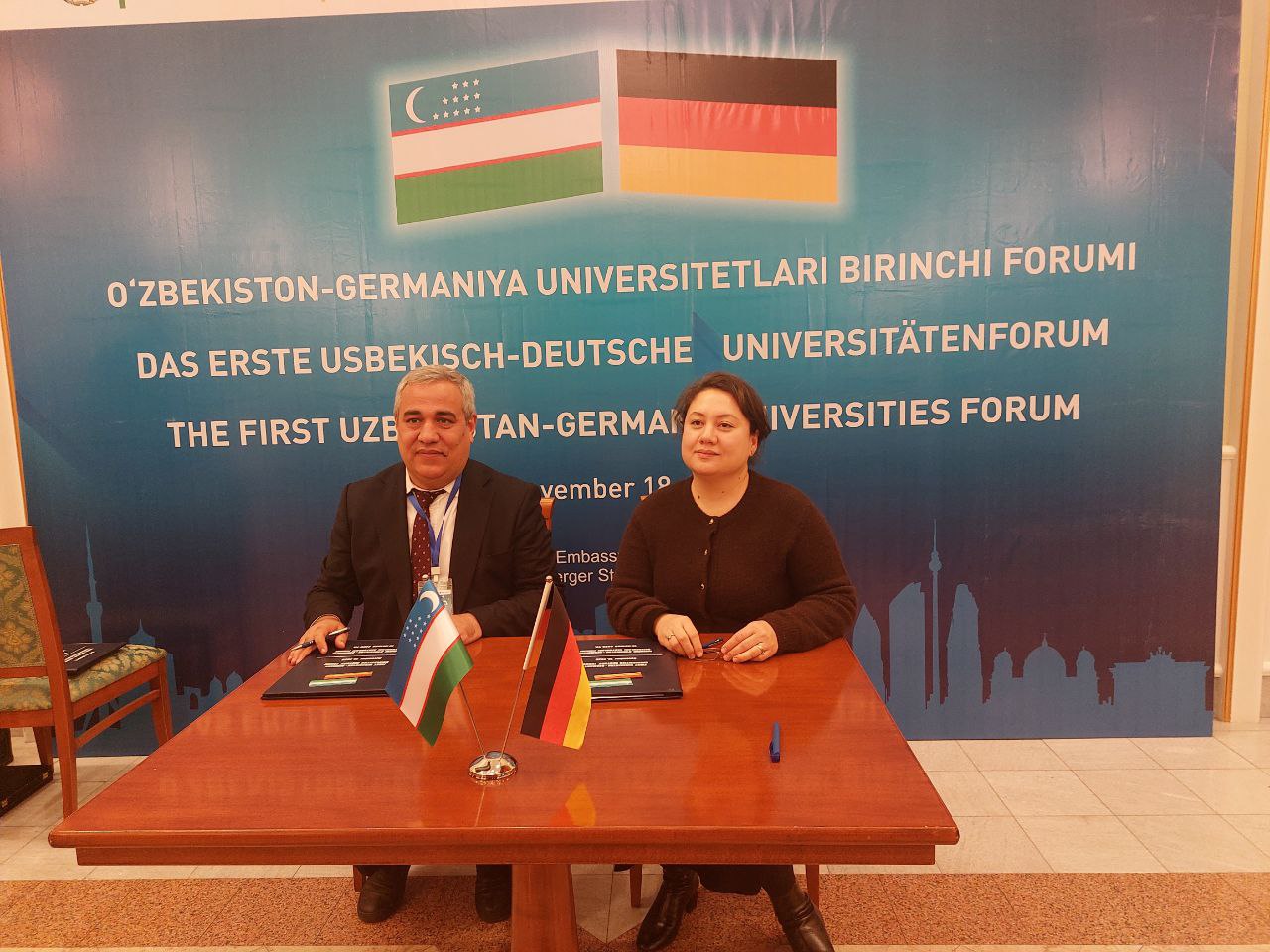
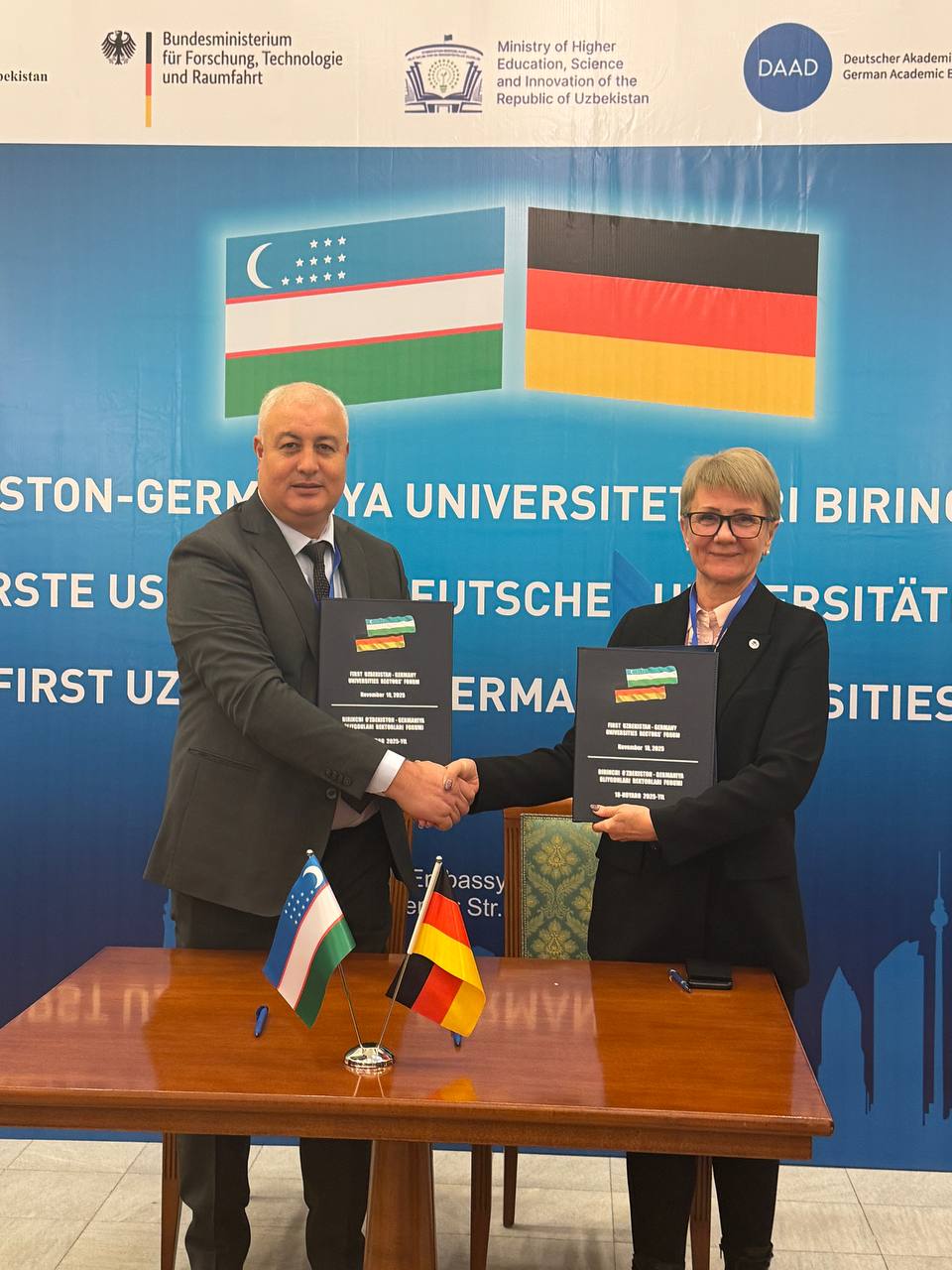
 info@i-wes.com
info@i-wes.com Propststrasse 8, 10178 Berlin
Propststrasse 8, 10178 Berlin
